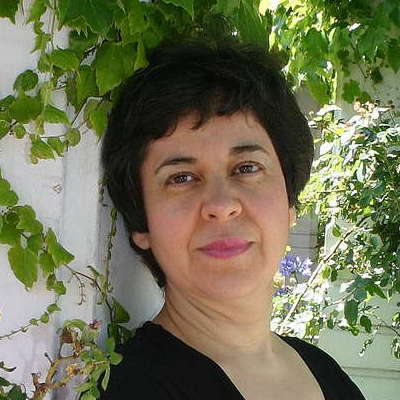- Juan Orrego-Salas
- musicals
- Gustaf Allan Pettersson
- Studio Odradek
- Royal Albert Hall
- Staatskapelle Berlin
- Bacewicz: Symphony No 2
- Paul Verlaine
 SPONSORED: A Seasoned Champion of New Music. Argentinian-American pianist Mirian Conti in conversation with Andrew Schartmann.
SPONSORED: A Seasoned Champion of New Music. Argentinian-American pianist Mirian Conti in conversation with Andrew Schartmann.
All sponsored features >>
 UPDATES: There's a new feature every day at Classical Music Daily. Read about the various ways we can keep in touch with you about what's happening here.
UPDATES: There's a new feature every day at Classical Music Daily. Read about the various ways we can keep in touch with you about what's happening here.
Karel Husa
Czech-born American composer and conductor Karel Husa was born in Prague on 7 August 1921, and learned to play violin and piano when very young. He studied composition and conducting at the Prague Conservatory and, after World War II, in Paris, where his teachers included Honegger and Nadia Boulanger.
He first came to international attention with his first string quartet, which received the 1950 Lili Boulanger Award and the 1951 award from the Bilthoven Music Festival in Holland. The work was subsequently performed in Australia, Austria, Belgium, England, France, Germany, Holland, Sweden, Switzerland and the USA.
He moved to the USA in 1954, where he was a professor at Cornell University until 1992. His Music for Prague 1986 (in memory of the Soviet bloc invasion of Czechoslovakia) became one of his most admired works. His String Quartet No 3 won the 1969 Pulitzer Prize, and his cello concerto won him the 1993 Grawemeyer Award for Composition.
Karel Husa died on 14 December 2016, aged ninety-five.

